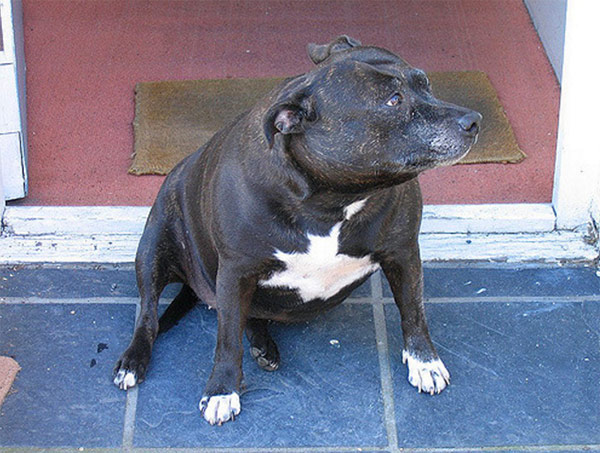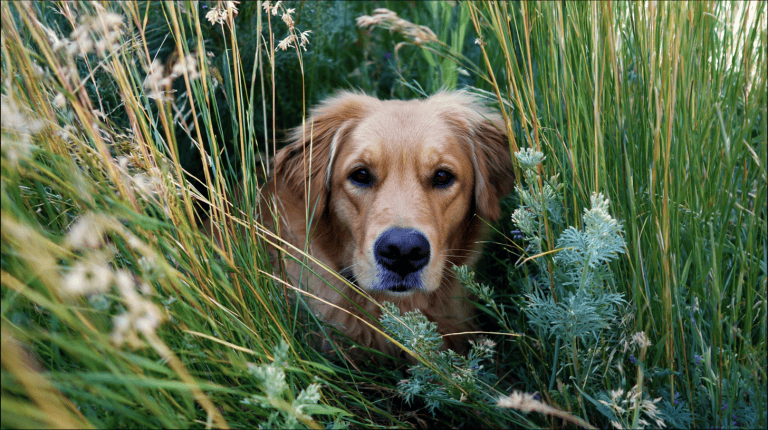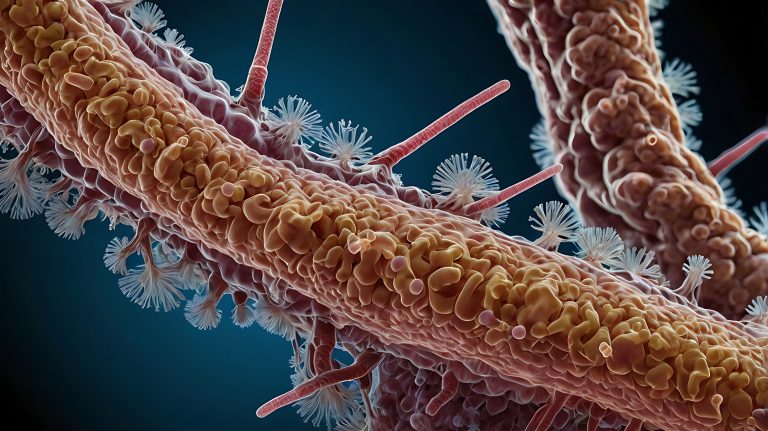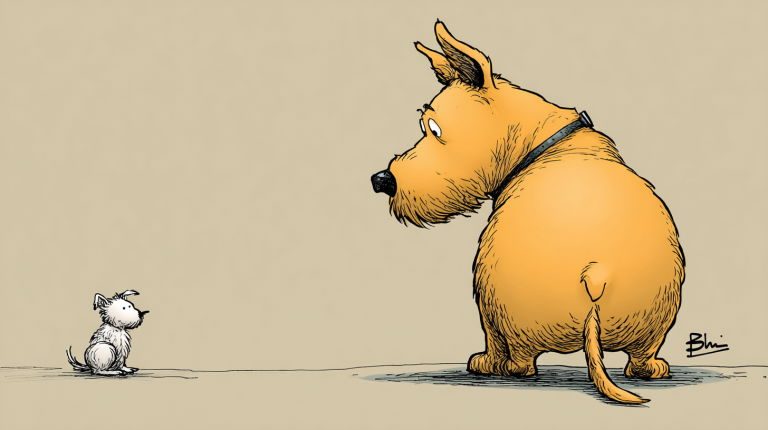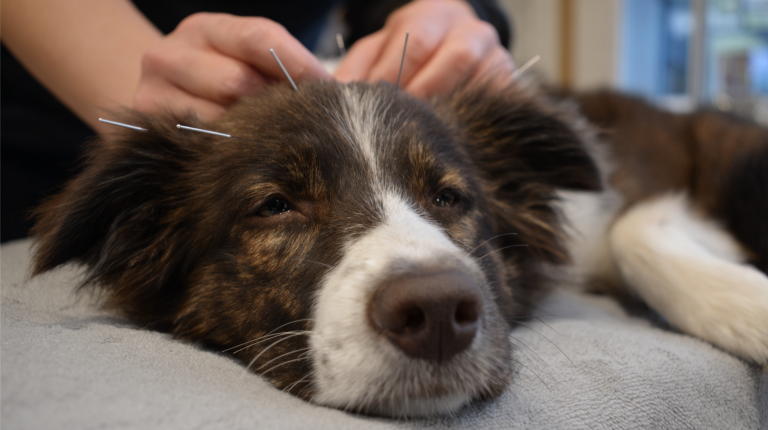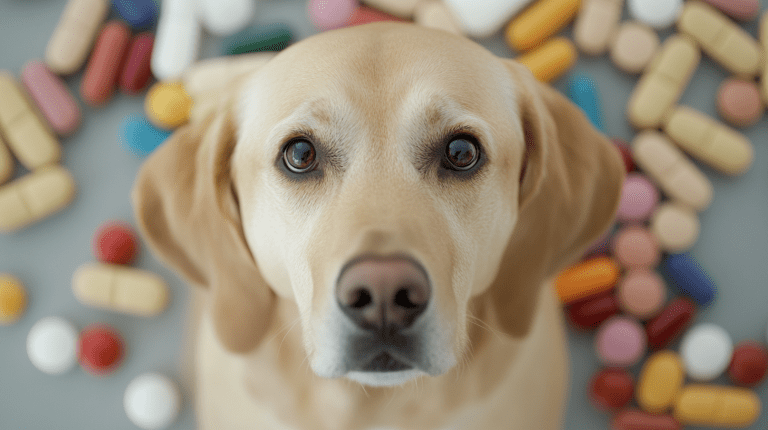By Dr. Angela Gaeto, DVM, of the Helen Woodward Animal Center community in San Diego County.
Diet changes
Dogs should be on a food appropriate for their activity level, life stage, and desired weight. When dogs need to lose weight owners can cut back their calories starting with a 20-25% reduction. Many times overweight dogs eat an appropriate amount of food but get too many treats.
A good rule of thumb is that no more than 10% of the daily calories should come from treats. This means high-calorie treats may have to be heavily limited or stopped altogether. Many owners have a positive relationship with feeding their dog and want to continue to feed treats. Good treats for overweight dogs are carrots and green beans (not canned because there is too much salt!), but their quantity should still be limited. Owners can also feed their dogs pieces of their regular food as treats, and frequently dogs are just as happy.
A common complaint veterinarians hear from owners during diets is that their dog does not seem full and will beg for more food. There are a few things that can be added to the diet to increase the bulk but not increase calories such as canned pumpkin and sweet potato, with no added ingredients. Owners should slowly add a tablespoon at a time to leave their dog feeling fuller without unnecessary calories.
Accountability
An important part of weight management is setting realistic goals and holding yourself accountable for them. A good way to do this is monthly weigh-ins at your veterinarian. Keep track of your dog's weight and make a graph to show the weight changes, which will give positive visual reinforcement to you as an owner.
Seeing positive physical changes in your dog is very rewarding. Remember that the vast majority of our dogs are much smaller than people, so changes of half to one pound are very impactful for your dog's health! Weight loss will increase your dog's life span and decrease effects of heart, joint, and abdominal diseases.

